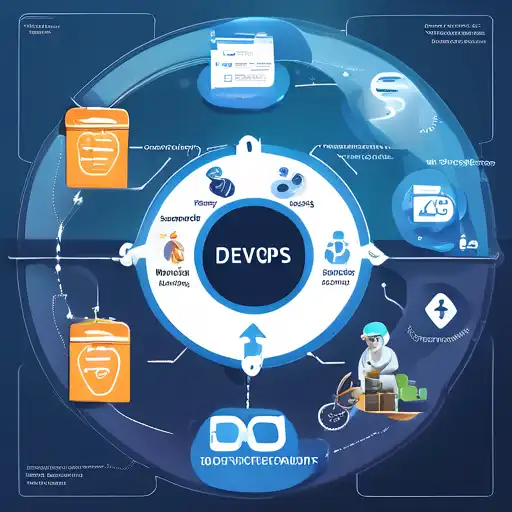Introduction to DevOps in Software Development
DevOps has revolutionized the way software is developed, deployed, and maintained. By bridging the gap between development and operations teams, DevOps practices ensure a smoother, faster, and more efficient software development lifecycle (SDLC). This article explores the myriad ways DevOps enhances the SDLC, from improved collaboration to faster deployment times.
The Role of DevOps in Modern Software Development
At its core, DevOps is about culture, automation, and lean practices. It encourages a culture of collaboration between developers and IT operations, aiming to shorten the development lifecycle while delivering high-quality software continuously. Automation plays a pivotal role in this process, enabling teams to automate repetitive tasks, reduce errors, and speed up delivery.
Key Benefits of DevOps in the Software Development Lifecycle
DevOps brings numerous benefits to the SDLC, including:
- Improved Collaboration: DevOps fosters a culture of shared responsibility, transparency, and faster feedback.
- Increased Deployment Frequency: With continuous integration and continuous deployment (CI/CD), teams can release updates more frequently and reliably.
- Enhanced Efficiency: Automation of testing and deployment processes reduces manual errors and frees up time for innovation.
- Greater Scalability: DevOps practices support scalable infrastructure management, allowing businesses to adjust resources based on demand.
Implementing DevOps Practices for Optimal Results
To fully leverage DevOps in the SDLC, organizations should focus on:
- Adopting a DevOps culture that promotes collaboration and continuous improvement.
- Implementing CI/CD pipelines to automate the build, test, and deployment phases.
- Utilizing infrastructure as code (IaC) for efficient and consistent environment setups.
- Monitoring and logging to quickly identify and resolve issues in real-time.
Conclusion: The Future of Software Development with DevOps
DevOps is not just a set of practices but a transformative approach to software development. By embracing DevOps, organizations can achieve faster time-to-market, improved product quality, and higher customer satisfaction. As the software development landscape continues to evolve, DevOps will remain a key driver of innovation and efficiency.
For more insights into optimizing your development processes, explore our guide on CI/CD pipelines and the benefits of infrastructure as code.
